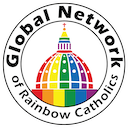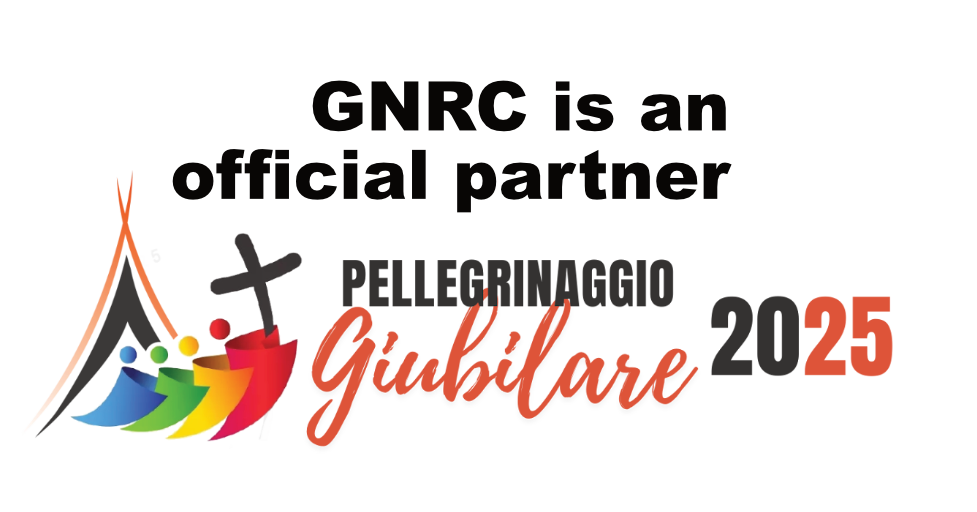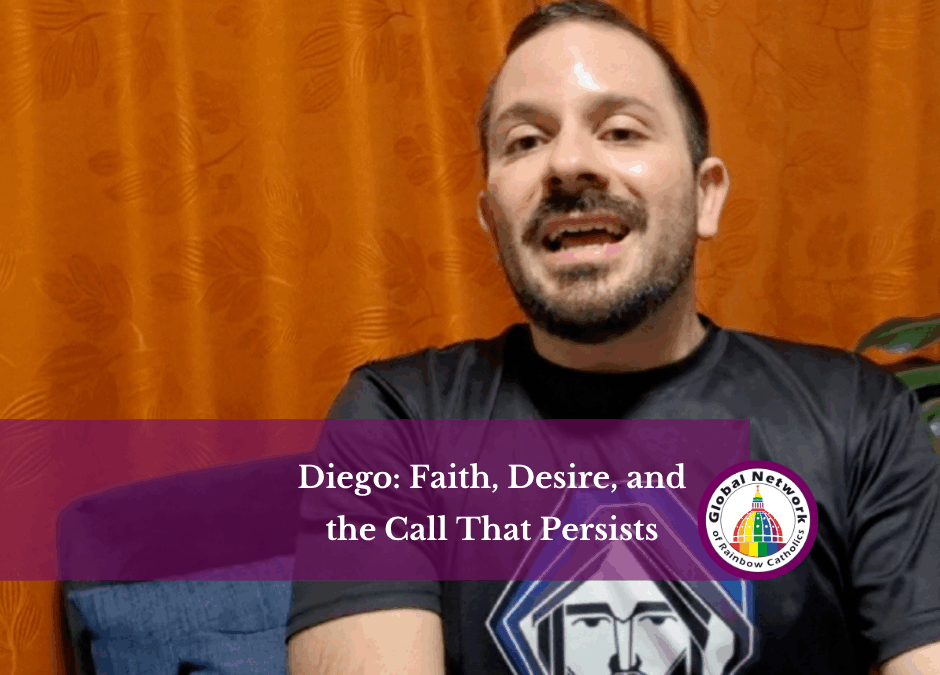Diego speaks in fragments. Three videos. One life. He chose to share these heartfelt videos to give a message of hope, courage, perseverance; in these shorts, he talks to his past self, but also to anyone carrying silence and fear.
“What you are, that sexual diversity of yours, not only is it not a bad thing, but it is a wonderful thing, a gift. It’s something you may not understand today, but one day you will realize that it makes you unique. And it is not in spite of this that Jesus calls you, but through that Jesus calls you, chooses you and has a very special mission for you. Let yourself be yourself. Let out what you have and listen to Jesus, who loves you and calls you just as you are. Blessings.”
He knows the fire. The one Jeremiah names. The one that burns in the bones and refuses to be buried. Faith and desire wrestled in him. For years, he tried to see which would win. Until he saw they were not enemies.
“Says the book of Jeremiah: ‘But there was in me like a burning fire in my bones, and even though I was trying hard to suffocate it, I could not.’ Something similar is my personal experience with faith and my sexual orientation. It was an effort to contrast, because one thing was opposed to the other, to see which one had more strength. But in the end, I discovered that it is part of how Jesus made me, of how God made me, and that it’s not just something which is good but wonderful. It gives me a lot of potential and capacity on the way of Jesus, to give love and give it in many ways to many people who are thirsty and in need of love.”
He once thought his call was the priesthood. He entered the seminary. Left it. For a while, he wondered if he’d misheard God’s voice. Then, on a crowded day in Costa Rica, he found clarity among young people hungry for truth:
“I was a seminarian, and so my life story has its complexities. But at some point, I realized that my call was not to the priesthood. For a long time, my heart was asking: well, what is my vocation? Yes, I understood it was the laity—but concretely? About two years ago, on National Youth Day in Costa Rica, several of us from the Spazio Seguro community, part of GNRC, were present. We saw how young people approached us, thirsty for Jesus, thirsty to be themselves. And there I could hear in my heart the voice of Jesus telling me: I keep calling you, and I still have a lot of things for you.”
The thread through Diego’s words is clear. Identity is not the obstacle. It’s the doorway. Jesus calls not around it—but through it. And the call persists.


